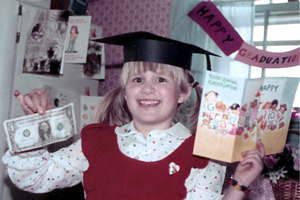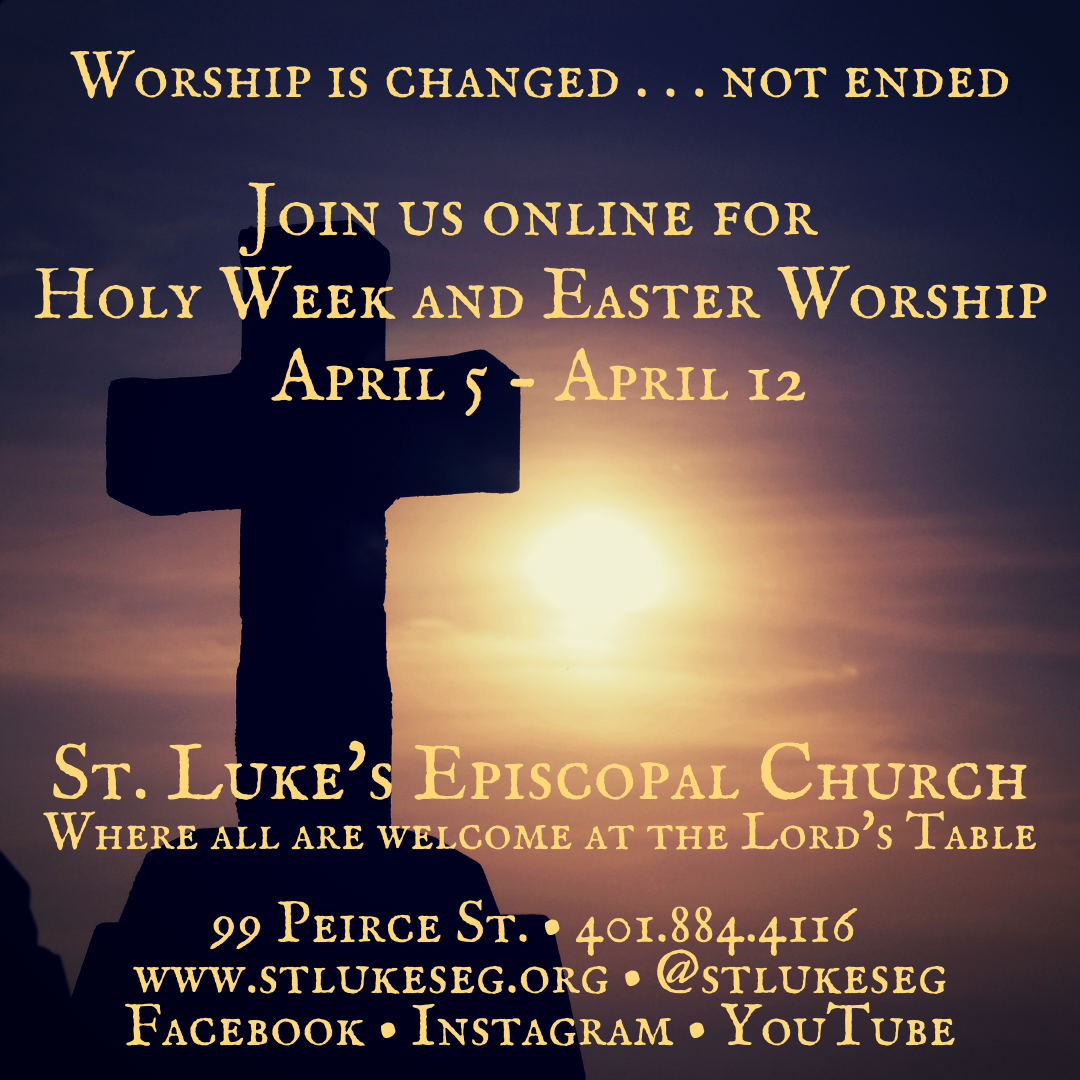Home > Advent Blog 2023
God Bless the Child That’s Got Her Own
December 22, 2023

Zechariah 7:8-8:8 | Psalm 40 | Revelation 5:6-14 | Matthew 25:14-30
Back in 1968, the rock band Blood, Sweat & Tears released their second album, which included their version of the song God Bless the Child. It’s a pretty good song with soulful horns and vocals by David Clayton-Thomas – not one of my all-time favorites, but good enough to include in my Apple Music library. It’s also a staple on oldies radio stations, so I’m sure I’ve randomly heard this song well over a hundred times. And every time I hear this song my attention is drawn to the same small discordant note – not in the music, but in the lyrics:
Them that’s got shall get
Them that’s not shall lose
So the bible said and it still is newsMama may have, papa may have
But God bless the child that’s got his own, that’s got his own.
And every time I hear those lyrics, I think to myself – Hmmm… “Them that’s got shall get, them that’s not shall lose. So the Bible says, and it still is news.“ That doesn’t sound right. Where does it say that in the Bible? Must be in the Old Testament. I mean, in the New Testament the last shall be first and it will be harder for a rich man to enter heaven than for a camel to pass through the eye of the needle, right? By the next verse of the song, I have usually lost my concentration and forgotten about it… until the next time I hear the song.
The song God Bless the Child was written by Arthur Herzog Jr. and the famous jazz singer Billie Holiday in 1939. The song was first recorded by Holiday in 1941 and has been covered by many artists since. The song became a sort of anthem of independence and self-reliance for many in the Black community. It served as a counterpoint to Judy Garland’s Somewhere Over the Rainbow, which was popular at that time. There is a note of defiance and skepticism directed at established authorities – government, the church and even the family….
Rich relations give crusts of bread and such
You can help yourself, but don’t take too much
The message of the song seems to be: If you want to get by in this world, you’re going to have to take care of yourself – you’re on your own.
Today’s lesson from the Gospel of Mathew is the Parable of the Talents (reprised in Luke’s Gospel as the Parable of the Minas).
To summarize – a wealthy man is embarking on a long journey. Before he leaves, he entrusts each of his slaves with some of his wealth. To one slave he gives ten Talents, to another five Talents and to a third one Talent. As I learned in Father Tim’s sermon on this same gospel a couple of weeks ago, a Talent is not a coin – it describes a substantial amount of money – more than a worker could make in a year (newer versions of the Gospel call this the Parable of the Bags of Gold). The master must have had a lot of trust in his subordinates. What were his expectations?
The first two slaves use this windfall wisely – they invest and trade and both double their master’s money. The third slave, however, buries his portion of the wealth in the ground. He’s afraid of his master and is taking no chances in losing what has been left to his safekeeping.
Years later, when the master returns to settle accounts, he is pleased to learn that his first two slaves have been industrious and wise investors. He praises each of them: “Well done, good and trustworthy slave; you have been trustworthy in a few things; I will put you in charge of many things; enter into the joy of your master.’
The third slave, however, meets his master with the single Talent, recovered from its hiding place in the ground, saying: ‘Master, I knew that you were a harsh man, reaping where you did not sow and gathering where you did not scatter, so I was afraid, and I went and hid your Talent in the ground. Here you have what is yours.”
The master is furious! (note to the third slave – next time you’re delivering bad news to the boss, I’d leave out the part about him being harsh and reaping where he did not scatter, etc.)
“You wicked and lazy slave! You knew, did you, that I reap where I did not sow and gather where I did not scatter? Then you ought to have invested my money with the bankers, and on my return I would have received what was my own with interest. So take the talent from him, and give it to the one with the ten talents. For to all those who have, more will be given, and they will have an abundance, but from those who have nothing, even what they have will be taken away. As for this worthless slave, throw him into the outer darkness, where there will be weeping and gnashing of teeth.
I’m not a big fan of this parable. I’m grateful to finally know what Bible verse the song was referencing, but I get that same discordant feeling from this parable that I get when I hear the song lyrics. I think I identify with that third slave too much. He was not confident in his ability to increase his master’s wealth and was afraid of incurring the master’s wrath by squandering the money left in his care. As a very careful and frugal investor myself, I think I understand his motivation. Maybe he was lazy, but I don’t see him as wicked.
I understand that the Gospel writer is making the point that we are all given gifts by our creator, and it is up to us to make the best use of our gifts. When we are selfish or turn inward, it’s like burying our gifts in the ground. We are meant to share our gifts, and I am especially thankful to be a part of a community that provides opportunities for people to exercise their gifts, expand their curiosity and graciously multiply their love. I do believe that every child already has his and her own gifts, and we just need to invite them into a community where they can explore and grow (with minimal weeping and gnashing of teeth). God bless the child that’s got her own – and shares it in a loving community!
Paul Brookes
We are so pleased you have joined us online at St. Luke’s. And, we invite you to make a Special Christmas Gift Offering to help us continue our outreach efforts.


